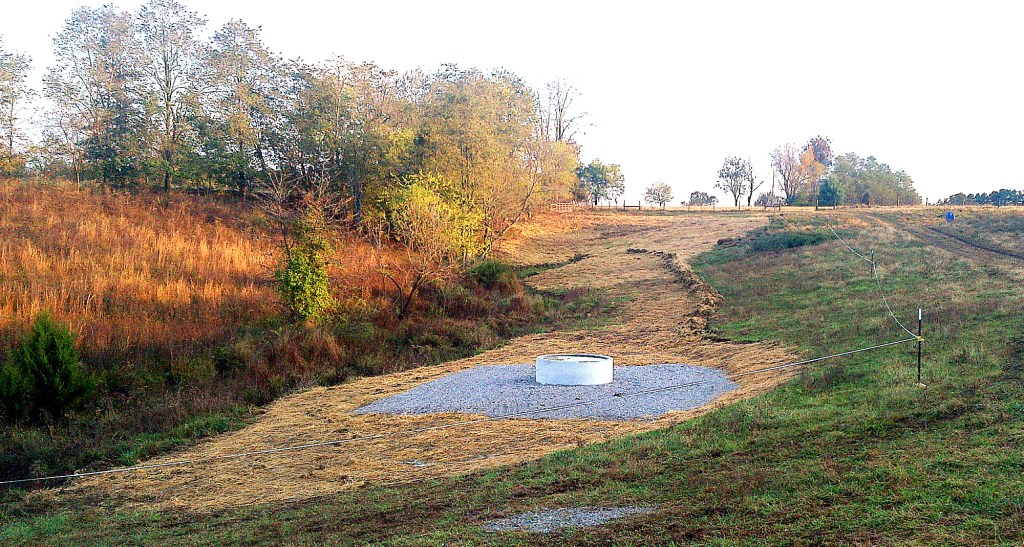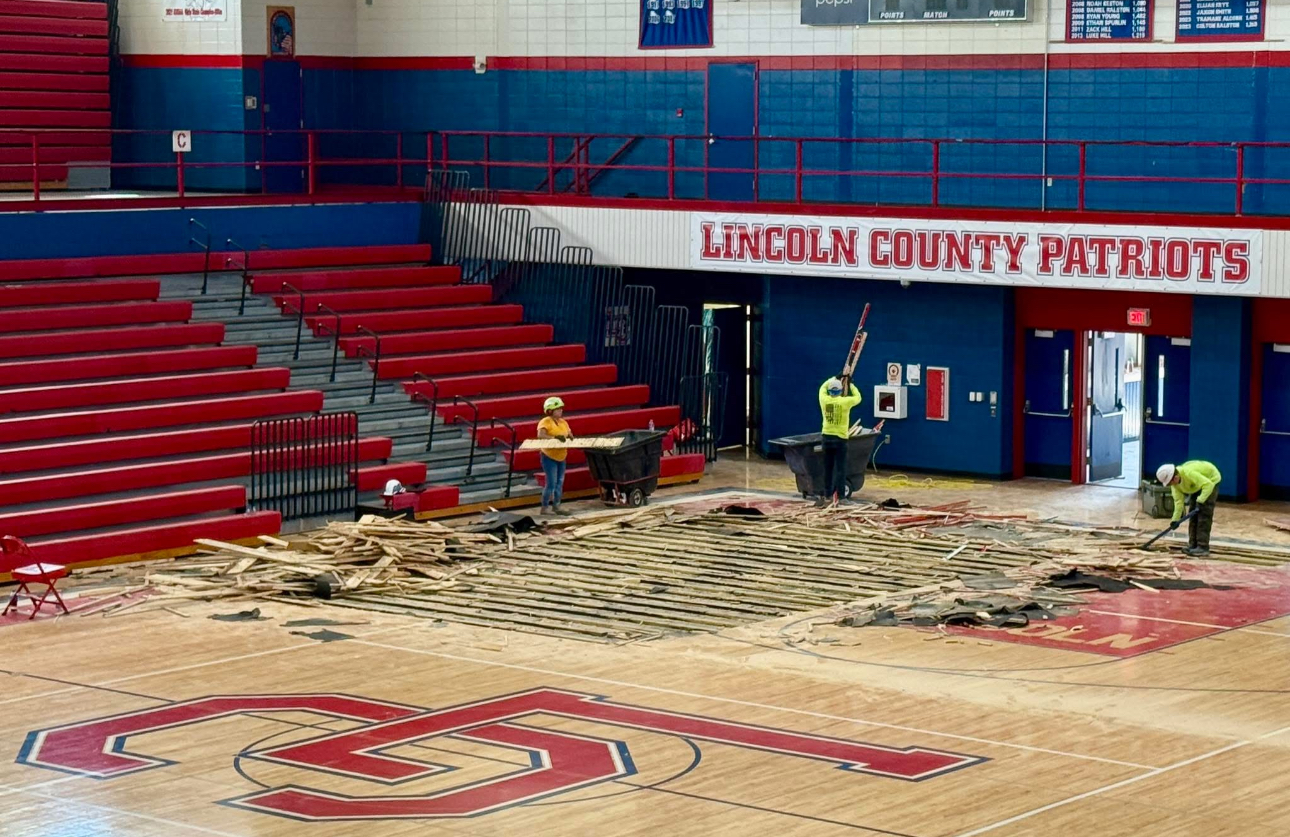Nature’s gift to farmers – spring development
Published 11:50 am Thursday, March 22, 2018

- Photo by John Benson
By John Benson
Lincoln County Natural Resources Conservation Service
I hadn’t been working for NRCS very long when I had the good fortune of assisting a very wise farmer. In the process of work together, we came to become good friends. He and I were installing a water system on his farm and began discussing basic needs to produce good livestock.
He gave me a piece of advice that I have kept to heart through my work the past 30-odd years.
“Son, if you got water, you can make cattle. Grass might be short, but if you got water, you can make cattle.”
So, what I would like to discuss today is the idea of “free water.”
I know what you’re going to say…”There isn’t anything free.”
What I’m talking about, is a watering system that uses natural groundwater – a spring.
These are nature’s gift to all and properly developed and maintained, basically, it’s free water.
Yes, there will be construction and installation costs involved, but after that, it’s free water.
Let’s look at some of the advantages from a spring development:
• Spring water stays 55 degrees year-round. This means no busting water in tanks in winter and good cool water in the summer.
• Springs can be a supplement to existing municipal water supplies. This helps in reducing overall water bills throughout the year.
The location and strength of a spring will determine what type of development will be installed. Not all springs are able to be developed due to site conditions.
Some springs will lose strength during certain times of the year, with strength returning as the year progresses. These types of springs should be developed as a supplemental water supply.
Other springs will require a storage system and pumping equipment to transfer water to tanks. Each site is different and requires a thorough site investigation.
This just touches some of the high points of this practice.
If you have any further questions about “free water,” please feel free to contact the Lincoln County Conservation District. The District’s phone number is (606) 365-2214, Ext. 110.



